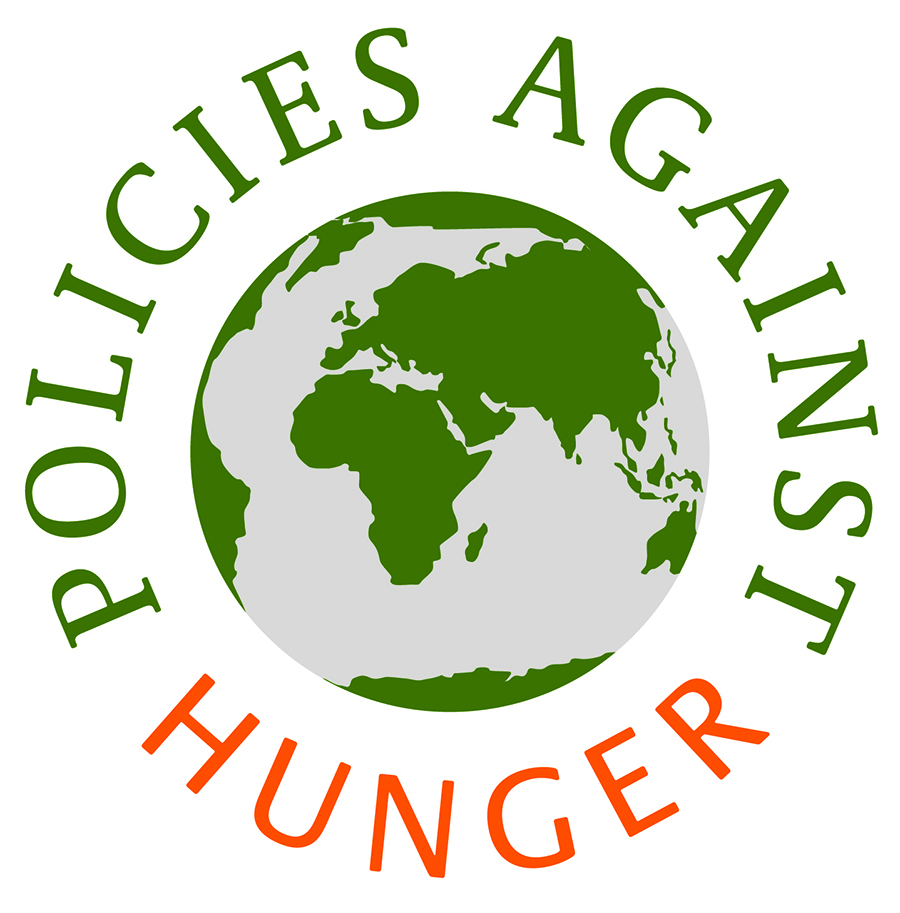In 2024, the international community marks an important milestone in the implementation of the human right to adequate food: the 20th anniversary of the "Voluntary Guidelines to support the progressive realization of the right to adequate food in the context of national food security" adopted by the Food and Agriculture Organization of the United Nations (FAO) in 2004.
Together with international and national stakeholders, politics, business, science and civil society, we want to look at the achievements and challenges in realising the right to food in the plenary session and in working parties broken down by groups of stakeholders. We want to discuss what the Voluntary Guidelines have accomplished and what we want to achieve together in the future. How can we address poverty, discrimination and social injustice as structural causes of hunger and malnutrition? Based on an international stocktaking, we will also take a look at Germany. What progress has been made in realising the right to food in Germany?
This special session of the "Policies against Hunger" conference aims to take candid stock of the successes, shortcomings and future challenges in realising the right to food.
The aim of the conference is to provide concrete impetus to a rights-based transformation of food systems and to incorporate this into international processes. We want to make a practical contribution to the preparations for the 52nd plenary debate of the Committee on World Food Security (CFS) in October 2024 and help the CFS formulate a firm commitment to strengthening the right to food in the anniversary year.
However, we also need to use the opportunity of the UN Food Systems Summit, the High Level Political Forum (HLPF), the Summit of the Future, G7 and G20 processes to advance the rights-based transformation of food security around the world.
Further information can be found in the background paper.
